Drama and Diplomacy: Inside BCB’s Political Arena
BCB ELECTIONS
The upcoming BCB presidential election promises to be unlike any in the past. © Getty
As the upcoming Bangladesh Cricket Board election draws near, the ongoing drama further underscores the intertwined nature of cricket and politics in the country.
Recently, the Bangladesh Cricket Board announced a three-member Election Commission to oversee its Board of Directors Election 2025, slated for early October. This commission is tasked with managing and finalizing the election process according to the board’s constitution and regulations.
Notably, Senior Supreme Court lawyer Advocate Mohammod Hossain has been named Chief Election Commissioner, with Md Sibgat Ullah, BPM, PPM, and the Additional Inspector General of Police supporting him as an Election Commissioner. The third member, serving as an Election Commissioner, is the Executive Director (Joint Secretary) of the National Sports Council.
The eagerly awaited BCB election is shaping up to be a political contest between Aminul Islam Bulbul, the government-supported incumbent president, and Tamim Iqbal, who enjoys the backing of the opposition party BNP.
Senior BNP leader and former BCB president Ali Asghar stated on September 3 that Tamim has been proposed as the presidential candidate, reporting pressure to run himself but declining the offer.
Asghar further noted that Tamim is a good man and player, expressing confidence that with guidance, Tamim could effectively lead the board.
Ali Asghar’s comments imply BNP’s active engagement in favoring Tamim’s campaign, removing any separation between cricket and politics.
Previously, Tamim reversed his retirement decision within two days upon a request from then Prime Minister Sheikh Hasina, of the Awami League, while now receiving support from Tarique Rahman, acting chairman of BNP and poised to guide the party in the upcoming 2026 general election.
Rahman, in exile in London since 2008 after the Awami League took power, has reportedly met with Tamim in recent times.
It is common in Bangladesh for ruling political parties to have a stake in the BCB, which could influence BNP’s prospects in the country’s next government, subject to free and fair elections.
Tamim, however, faces a challenging election against Bulbul, who decided to contest the presidency instead of merely organizing it after initially prioritizing that role upon succeeding Faruque Ahmed.
This BCB presidential election distinctly differs from previous ones, as evidenced by Nazmul Hassan’s unopposed three-term presidency, which was politically supported.
Now, the contest will involve clubs supporting BNP’s Tamim and contesting Aminul, backed by the current Yunus-led government.
The interim government has formed committees in various regions directly influenced by this government. If these councilors reach the board as directors and team up with clubs, Bulbul’s presidency could be jeopardized.
The president’s selection will involve 25 directors (12 from clubs, 10 from divisions and districts, two nominated by NSC, and one from other organizations).
The sports ministry representatives aim to secure seats from the club quota in efforts to reinstate Aminul, reflecting consistent government involvement in Bangladesh cricket and broader political landscapes.
The political scene at the BCB has become more complex since the previous government’s fall. Initially, the interim government seemed committed to a fair election, publicly expressing this intention, although those assurances appear to wane.
Aminul Islam alleged receiving threats not to run for presidency following Asghar’s statement. BCB sought security for Bulbul from the home ministry consequent to said threats.
In a televised interview, Bulbul disclosed security concerns, with Aminul claiming intimidation to withdraw from the race. Tamim called for Bulbul’s clarification and urged him to step down for a fair election.
Observations indicate Asif Mahmud has engaged with Faruque Ahmed to strategize Bulbul’s reinstatement as president.
On September 7, Asif invited sports editors for a discussion, where Aminul surprisingly joined, and Asif noted necessary government intervention while being aware of threats against Bulbul.
Asif further explained Deputy Commissioners face pressure regarding councilor allocations and shared the need for intervention to counteract undue influences but assured limited governmental interference in BCB elections.
There’s speculation that the government may support a new political party, NCP, leveraging the BCB election to project their strength against BNP in the general election.
© Cricbuzz
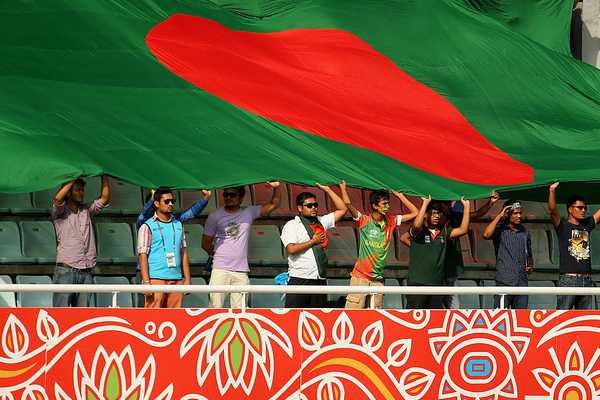


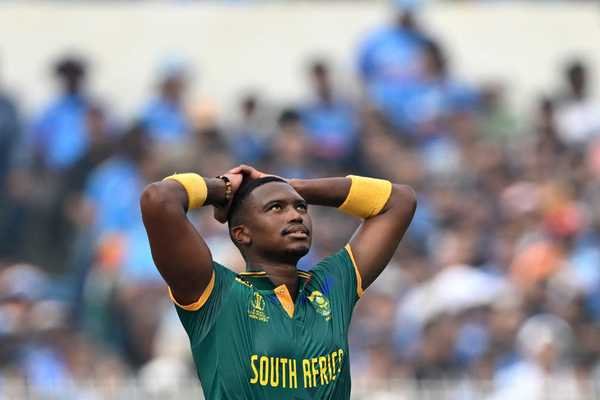



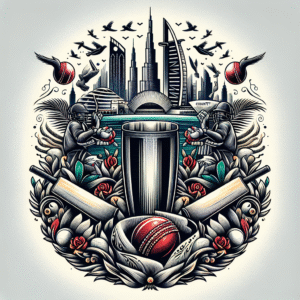
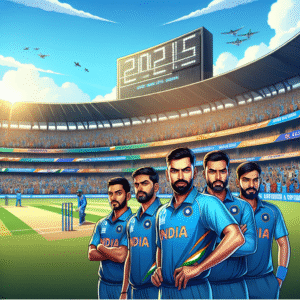


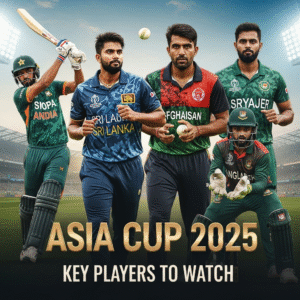
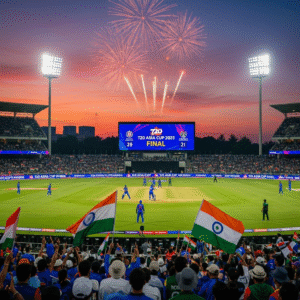
Post Comment